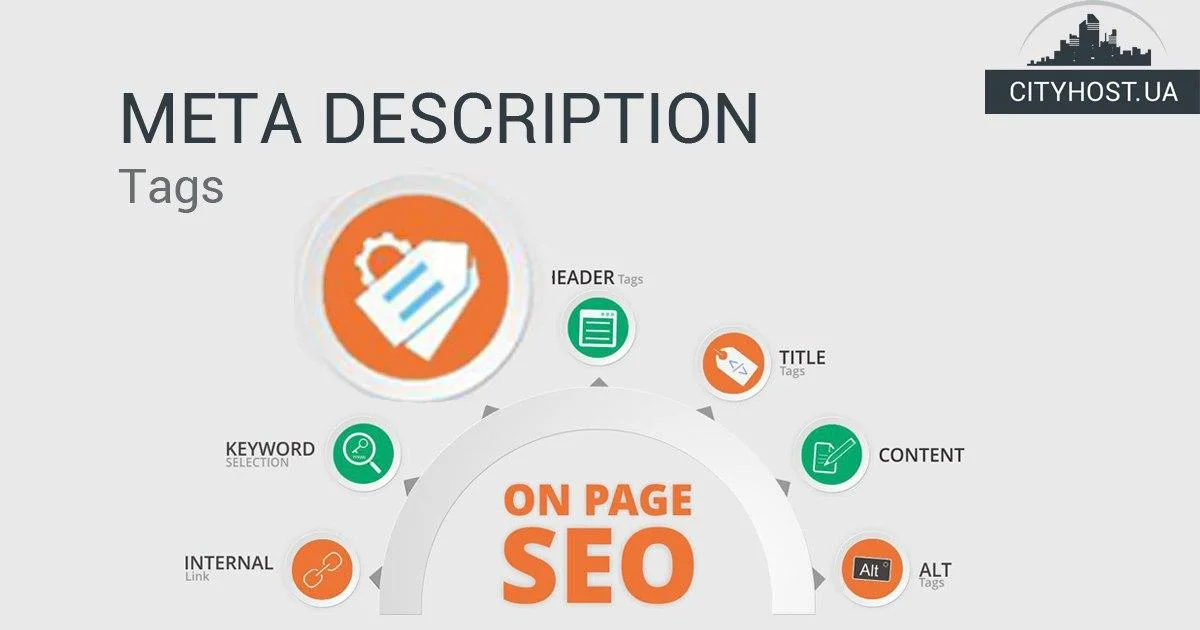
- Why It’s Important to Specify the Title Correctly
- How to Write the Perfect Title
- When Search Engines Choose the Title Themselves
Title is a meta tag that defines the title of a web page in search engine results, as well as the name of the tab in which it is open. Although it is just a single line of HTML code, it plays one of the most important roles in a website’s search engine optimization. A properly created title can increase CTR, that is, clicks to the web project, and consequently, the number of the target audience and potential clients.
Why It’s Important to Specify the Title Correctly
You already know what a title is, but it’s not just about filling it in — it’s about doing it correctly. Here are several key reasons why it’s important to create the right title:
- The first thing a user sees after entering a query in the search engine and pressing Enter is the titles of websites. The accuracy and relevance of the information specified in them largely determine whether the user will click through to the web resource.
- Since the title forms the name of the browser tab, its correct specification affects whether the user can quickly find the page if many tabs are open.
- The title is often displayed as the web page’s heading when sharing a link on social media or sending it via messengers.
- The title is very important for SEO. It helps search engines understand what information is provided on the web page. If the text is irrelevant to the page’s content, there is a high risk of ranking lower in search results.
How to Write the Perfect Title
Like other meta tags, the <title> is placed inside the <head> element. In modern CMS, a separate field is usually provided in the admin panel for creating or editing it, so there's no need to manually change the code. In WordPress, Drupal, Shopify, Weblium, Solomono, and other content management systems, you will get access to page title settings right after installing the CMS. Meta tags can be created and edited in a convenient graphical editor, which simplifies optimization, especially for people without programming skills.
Now let's look at some tips on how to write a title correctly:
- Presence of tags. Meta tags must be present on every web page — this rule applies to both the title and description.
- Optimal length. If the title is too long, search engines will cut it off and add ellipses at the end. Its length should be between 30–65 characters (200–568 pixels).
- Main keyword. Place a high-frequency query as close to the beginning of the title as possible.
- Keyword control. Don’t overdo it with keywords — this can negatively affect SEO and lower your rankings in Google.
- Unique meta tags. Write a unique title for each individual page, as web crawlers ignore pages with duplicate meta tags. On the contrary, a unique title will increase the chances of improving the visibility of the web resource.
- Create something new. The title should not duplicate the H1 heading tag.
- Focus on users. Titles are important for SEO, but they should primarily be created with website visitors in mind. After writing this meta tag, read it and think — would you click on it in search results? The benefit to the web resource is clear — meta tags written with visitors in mind noticeably increase CTR.
Note! In addition to placing key phrases in the title, consider including them in the domain name as well. You can read about what a domain is in previous articles on our blog.
When Search Engines Choose the Title Themselves
Sometimes webmasters and SEO specialists encounter a situation where a completely different title is displayed instead of the one they specified. Search engines may ignore the meta tags you set and automatically generate their own versions in the following cases:
- keyword stuffing — examples show that this also slows down the resource’s progress to the TOP-1 position;
- the title is irrelevant to the content of the page;
- meta tags for social networks are set in the <head> of the web page — in such cases, search engines may generate a title based on the information from those tags.
Remember that in addition to a properly written title, the loading speed of web pages also plays a major role in search engine optimization. By renting a virtual server, you can forget about delays when navigating between different parts of the site and about errors during sudden spikes in traffic.
Was this post informative? Then share it on social media and join our Telegram channel.









